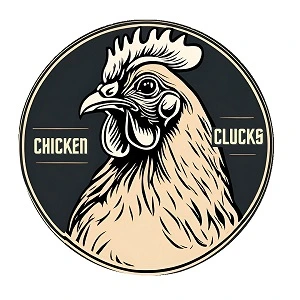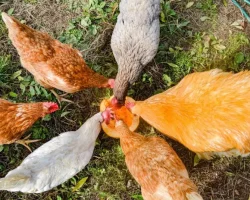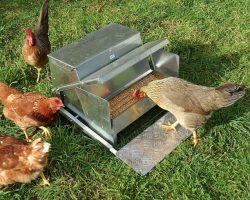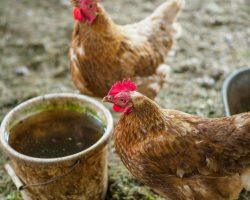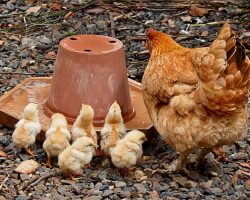“How to keep my chicken water from freezing?” is a frequently asked question by many hobby chicken keepers. Chickens need fresh, unfrozen water to stay hydrated, healthy and productive. In this article, I will give you my expert advice, DO’s and DON’Ts, and reveal myths and reality. I’ll give you a heads-up… There is only one effective DO!
Tip: Read our 9 Top Winter Chicken Coop Tips for a full guide to make your coop winter-proof.
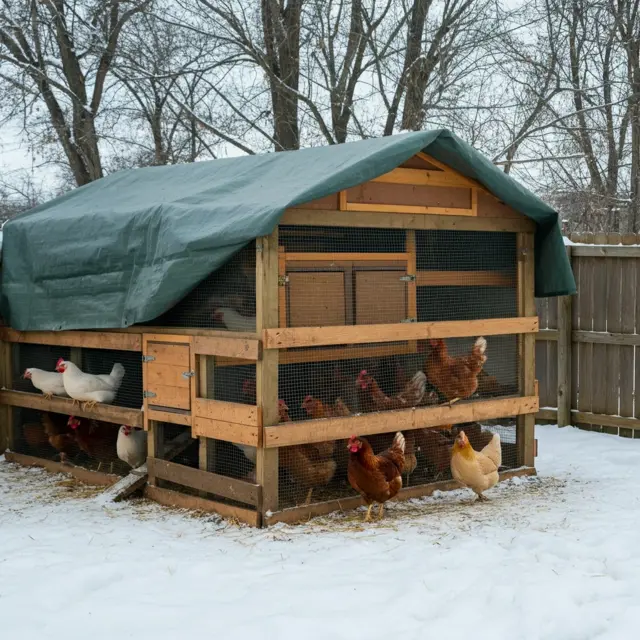
DO use a Heated Chicken Waterer
One of the easiest ways to keep your chickens’ water from freezing is to buy a heated chicken waterer. It heats the water enough to prevent ice from forming. Simply run a heavy-duty extension cord to an outdoor outlet and plug the heated waterer in. There are several options available.
The best is to use a Fully heated chicken waterer
Although most costly, in my opinion fully heated chicken waterers are the best option to prevent water from freezing. Especially if you live in a country with extreme sub-zero temperatures. Personally, I have had good experiences with fully heated chicken waterers with nipples specifically. Your chickens do have to get used to nipple drinkers first. I do not recommend a heated water bowl, since it is open the water gets dirty and spilled easily.
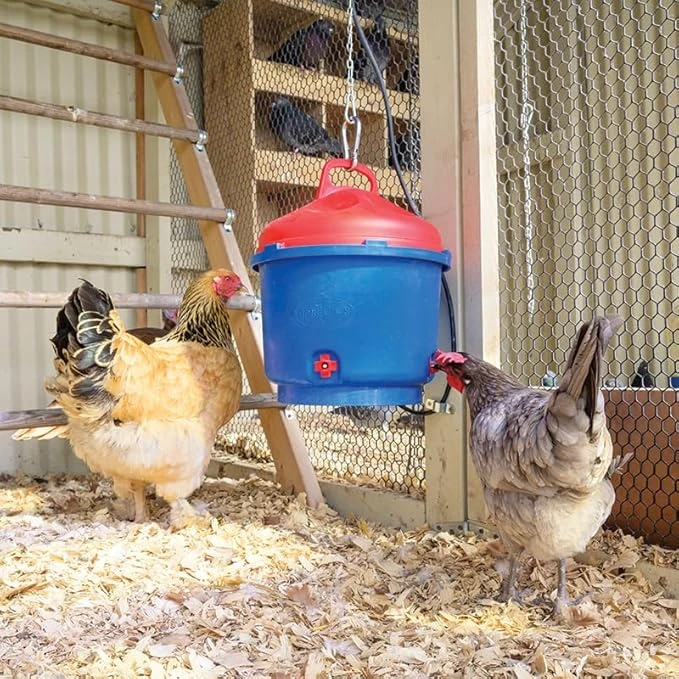
I do not recommend a Small submersible water heater
You place a small submersible water heater it in your regular chicken waterer. It will only turn on when temperatures drop below freezing, saving energy and keeping water for your flock above zero. However, I hear mixed feedback about this option. Especially with plastic waterers, a submersible heater sometimes overheated the water in the large compartment, while it didn’t melt frozen water in the tray from which chickens drink.
A Heated water base works well with metal chicken waterers
A heated water base is designed to sit under your existing waterer. They work best in combination with metal waterers, since they conduct heat well. I do not recommend them for plastic water bowls, since they conduct less well and they might melt if overheated.
DON’T rely on these Myths to keep Chicken water from freezing
Many myths about preventing chicken water from freezing circulate among chicken keepers. Although I am generally in favor of simple, inexpensive solutions, in this case they are not effective enough. Some myths are even harmful to chickens. Here are all the myths I know about, and the reality.
Let’s debunk a few common myths, that are harmful or not useful:
myths that are harmful and can even cause death
Some myths about how to keep chicken water from freezing are harmful to your chickens:
- DO NOT add salt to your chicken water. Yes, salt lowers the freezing point of water slightly. However, chickens don’t like salty water. Also, the salt amount needed to significantly lower the freezing point would make the water unsafe for drinking. They might stop drinking altogether, or suffer from salt poisoning due to a disturbed electrolyte balance. Both can cause dehydration and even the death of your beloved chickens.
- DO NOT add alcohol or antifreeze to the water. Yes, adding a small amount will keep the water from freezing. But, these substances are also highly toxic to chickens! Even a small amount can lead to health problems and even death.
Myths that are not very effective
Most myths are ineffective when you try to keep your chicken water from freezing. For example:
- Placing a floating ping pong ball or similar object in the water is said to keep the water moving and prevent freezing. In reality however, it delays freezing only for a very short time in mild cold weather. But, in prolonged cold weather the balls will freeze in place, making this hack useless.
- Placing the chicken waterers in direct sunlight would keep the water warm enough to prevent freezing. This is not likely. The heat from the sun in winter is often not enough to keep water from freezing in subzero temperatures. Especially during shorter winter days.
- Insulating the chicken waterers with bubble wrap, foam, or other materials. Insulation alone will not generate heat, it only helps to slow down the speed with which the water freezes. Even if you fill your insulated chicken waterer with room temperature water, in a cold winter it will freeze quite fast.
- Adding a floating lid on the chicken waterer is said to lower heat loss and keep the water from freezing. This might slow down freezing for a short while, but most likely not enough in cold winters. Your chickens may struggle to get water, and the lid might freeze to it.
- Last but not least, keeping a chicken waterer inside the chicken house might prevent freezing. This is true, and not a myth. Inside the coop, it is indeed warmer due to your chicken’s body heat combined with coop insulation. However, this solution is not ideal for several reasons. First of all, a waterer might not fit in your coop. If it does fit, one unfrozen waterer might be too little to supply water to your flock. Also, keeping water inside the coop can create a mess, increase humidity, and the chance of health problems.
In summary, the myths above are harmful or will not work sufficiently. So, don’t rely on these myths to prevent your chicken water from freezing!
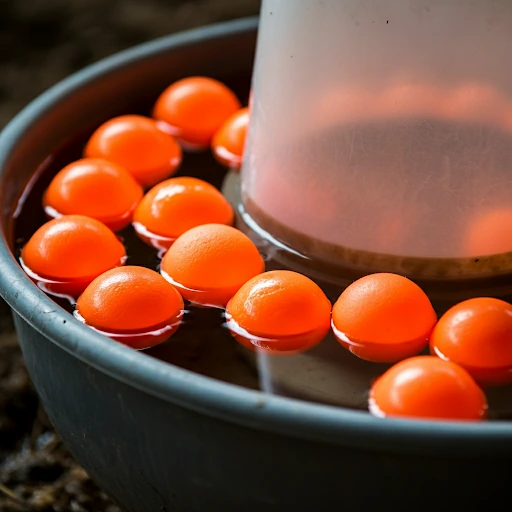
Check waterers Several times a day in winter
During extremely cold spells, it’s essential to check the water several times a day to make sure it hasn’t frozen. Even if you just bought a heated chicken waterer, I would still check it a few times a day. Probably everything is fine, but you never know what could happen… Power outages, electricity or cord mishaps might cause your heated waterer to stop working.
If you don’t have a heated chicken waterer, checking the waterers multiple times a day is even more important. Probably, the water freezes daily multiple times. Defrost the chicken waterer and refresh the water immediately. Several checks and defrostings a day are quite time-consuming but essential. Therefore, most hobby chicken keepers would rather opt for heated chicken waterers.
Conclusion
Keeping your chicken’s water from freezing is a challenge in winter. Meanwhile, chickens need fresh, unfrozen water to stay hydrated, healthy, and productive.
DON’T rely on myths to keep your chickens’ water from freezing, especially not on harmful myths! NEVER add salt, alcohol, or antifreeze to your chickens’ water. Not even in small amounts. Alcohol and antifreeze are toxic to chickens, and too much salt can cause dehydration and death.
DO invest in a good heated chicken waterer! Preferably a fully heated chicken waterer with nipples. Although I love simple, inexpensive solutions, in this case there really isn’t a good enough alternative.
A little preparation goes a long way in keeping your flock comfortable, hydrated, and happy!
